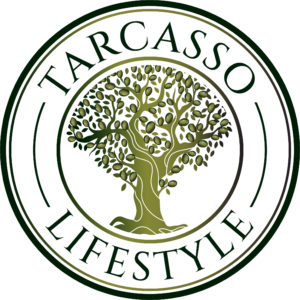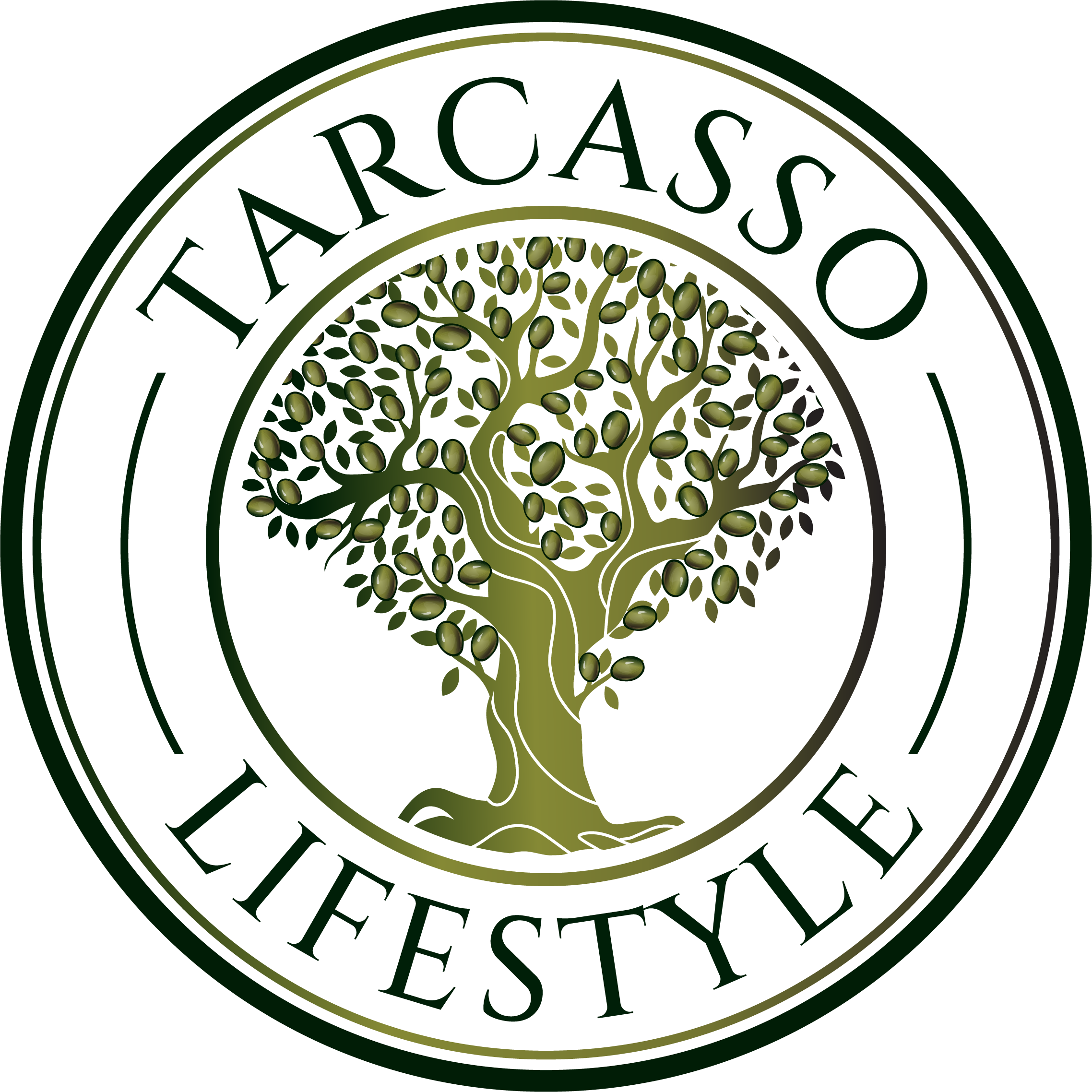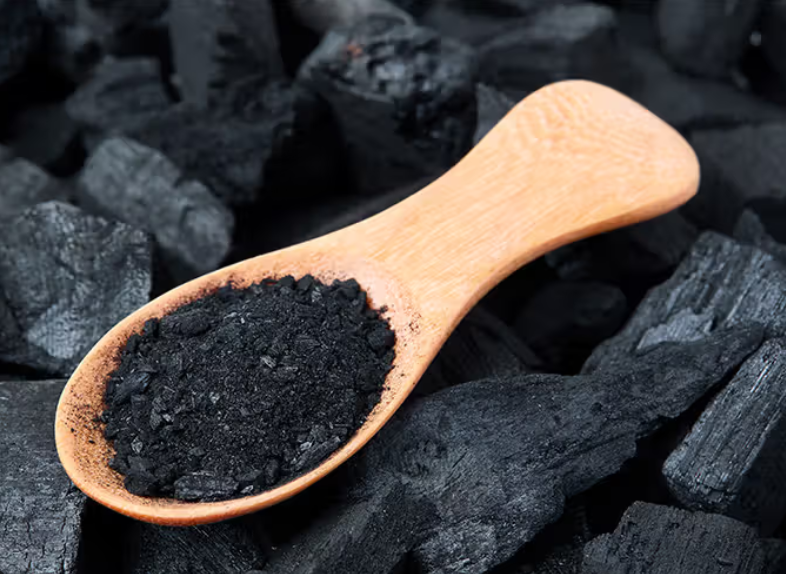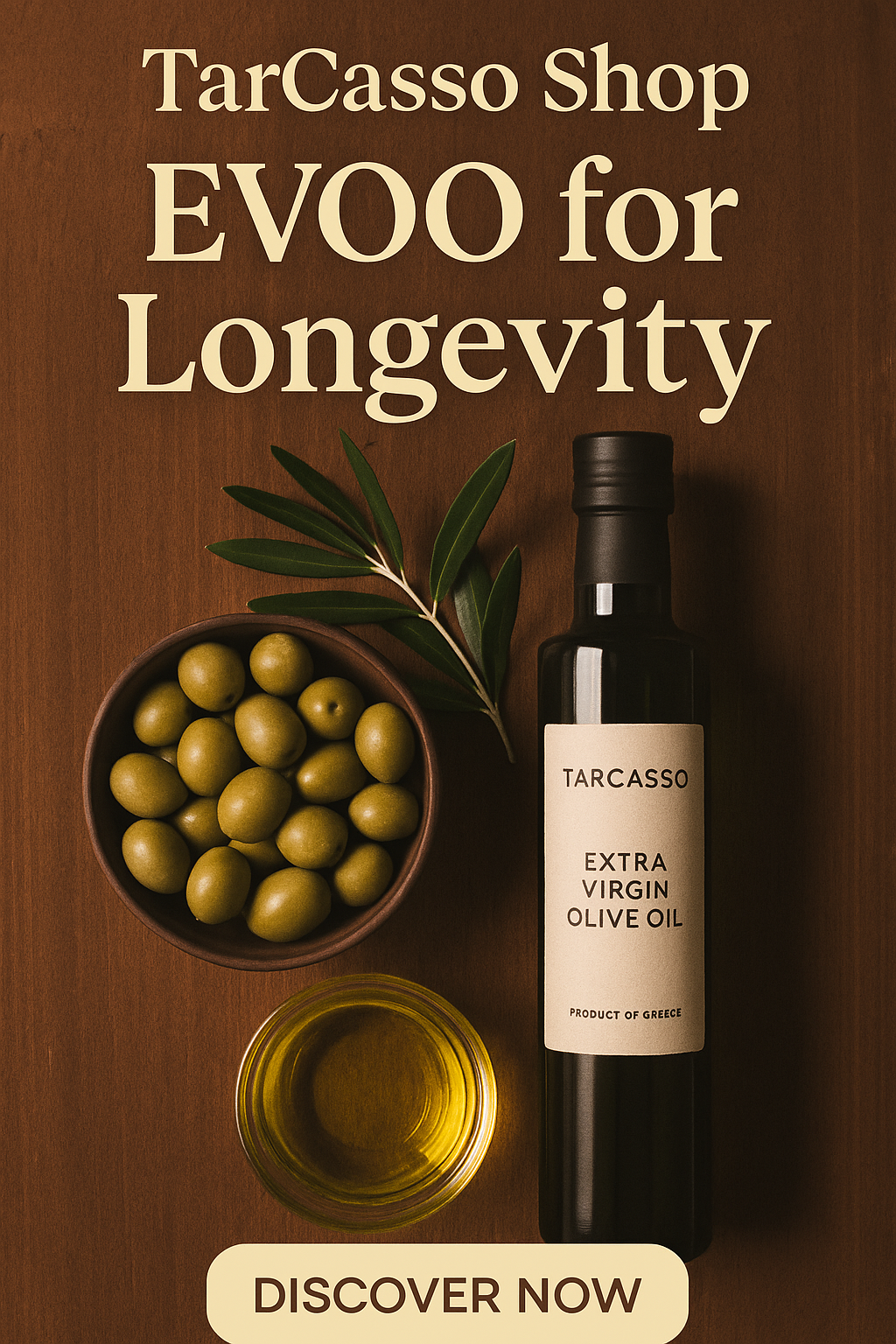Introduction
Activated charcoal has gained significant attention in the wellness and biohacking communities, with advocates like Dave Asprey, the self-proclaimed father of biohacking and longevity, touting its benefits for detoxification, especially against food poisoning and alcohol consumption. This natural remedy, used for centuries in traditional medicine, is now a staple in holistic health practices and modern biohacking. But what makes activated charcoal such a powerful tool for cleansing the body? Let’s explore its key benefits and applications.
What is Activated Charcoal?
Activated charcoal is a fine, black powder made from carbon-rich materials such as coconut shells, wood, or peat that have been heated to high temperatures. This process increases its porosity, allowing it to bind toxins and chemicals in the body, preventing their absorption and aiding in their elimination.
How does activated charcoal work?
Activating charcoal with gas at high temperatures causes it to develop microscopic holes, which increase its surface area. Activated charcoal doesn’t get absorbed by your gut. Thus, after you swallow it, it reaches your gut in its unchanged form.
The charcoal’s porous texture has a negative electrical charge, which causes it to attract positively charged molecules, such as toxins and gases. When liquids or gases pass through this activated charcoal, they bind to it through a process known as adsorption.
These toxins and chemicals get trapped in your gut and eliminated through stool instead of being absorbed into your body (4Trusted Source).
Activated charcoal is also very effective at adsorbing gases, which can help reduce flatulence.
Key Health Benefits
1. Detoxification and Poisoning Relief
One of the most well-documented uses of activated charcoal is in emergency medicine for treating poisoning and drug overdoses. It works by binding to toxins in the stomach, preventing them from entering the bloodstream. In cases of food poisoning, activated charcoal can help alleviate symptoms by absorbing harmful bacteria and toxins.
2. Alcohol Absorption and Hangover Prevention
Biohackers, including Dave Asprey, suggest using activated charcoal as a preventive measure when consuming alcohol. It is believed to help reduce the effects of alcohol by binding to congeners—byproducts of fermentation that contribute to hangovers. While not a cure-all, some users report fewer hangover symptoms when taking activated charcoal before or after drinking.
3. Digestive Health and Gas Reduction
Activated charcoal is known to alleviate bloating and gas by trapping gas-producing substances in the gut. It is often used as a natural remedy for digestive discomfort, particularly after consuming heavy or gas-inducing foods.
4. Skin and Beauty Applications
Thanks to its ability to bind impurities, activated charcoal is commonly used in skincare to draw out toxins, reduce acne, and cleanse pores. Many beauty products, including masks and cleansers, incorporate activated charcoal for its purifying effects.
5. Improving Kidney and Liver Function
Some studies suggest that activated charcoal may support kidney and liver function by reducing the absorption of waste products in the gut, potentially benefiting those with compromised detoxification pathways.
How to Use Activated Charcoal Safely
While activated charcoal has many benefits, it should be used responsibly:
- Dosage Matters: Follow recommended dosages on supplements or consult a healthcare professional to avoid excessive use.
- Timing is Key: Take it at least an hour apart from medications and supplements, as it can interfere with nutrient absorption.
- Hydration is Crucial: Activated charcoal can cause dehydration or constipation if not consumed with sufficient water.
- Not a Daily Supplement: Use it as needed, such as for detoxification or occasional digestive relief, rather than as a daily regimen.
Conclusion
Activated charcoal is a powerful biohack for detoxification, food poisoning relief, and even hangover prevention. While it offers numerous health benefits, mindful use is essential to avoid potential side effects. Whether used as an emergency remedy or a wellness tool, this ancient detoxifier continues to be a valuable asset in modern health optimization.





